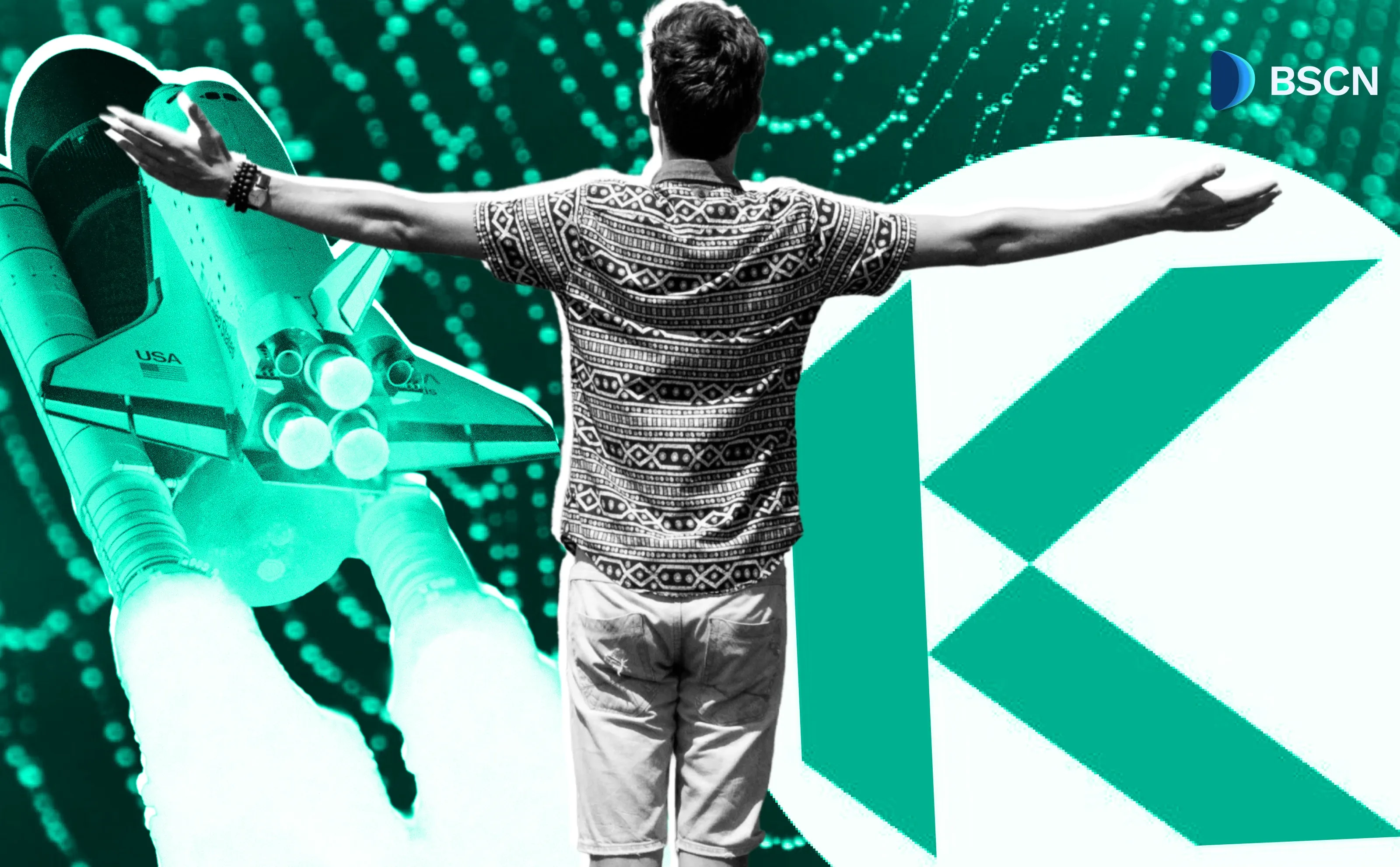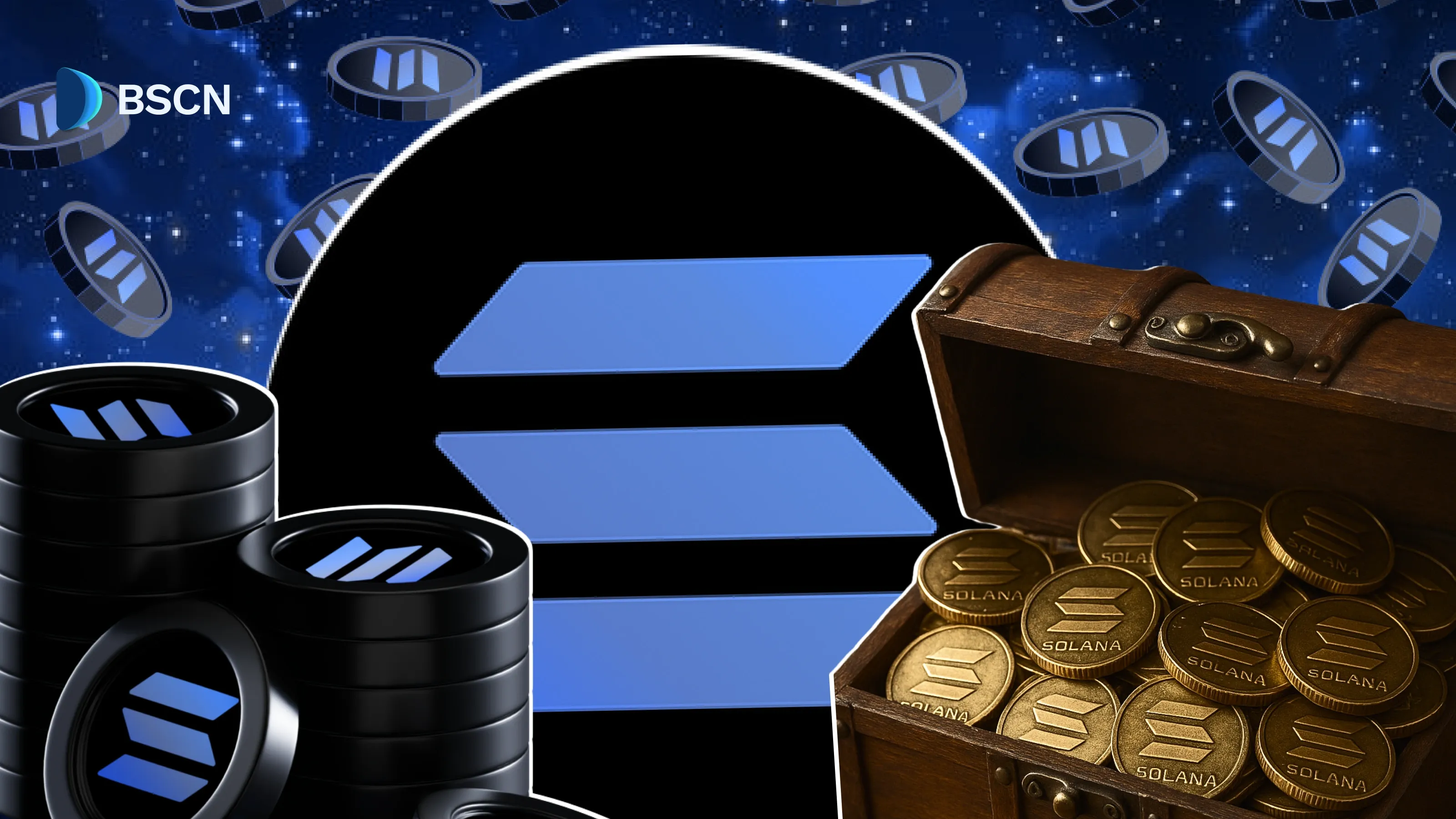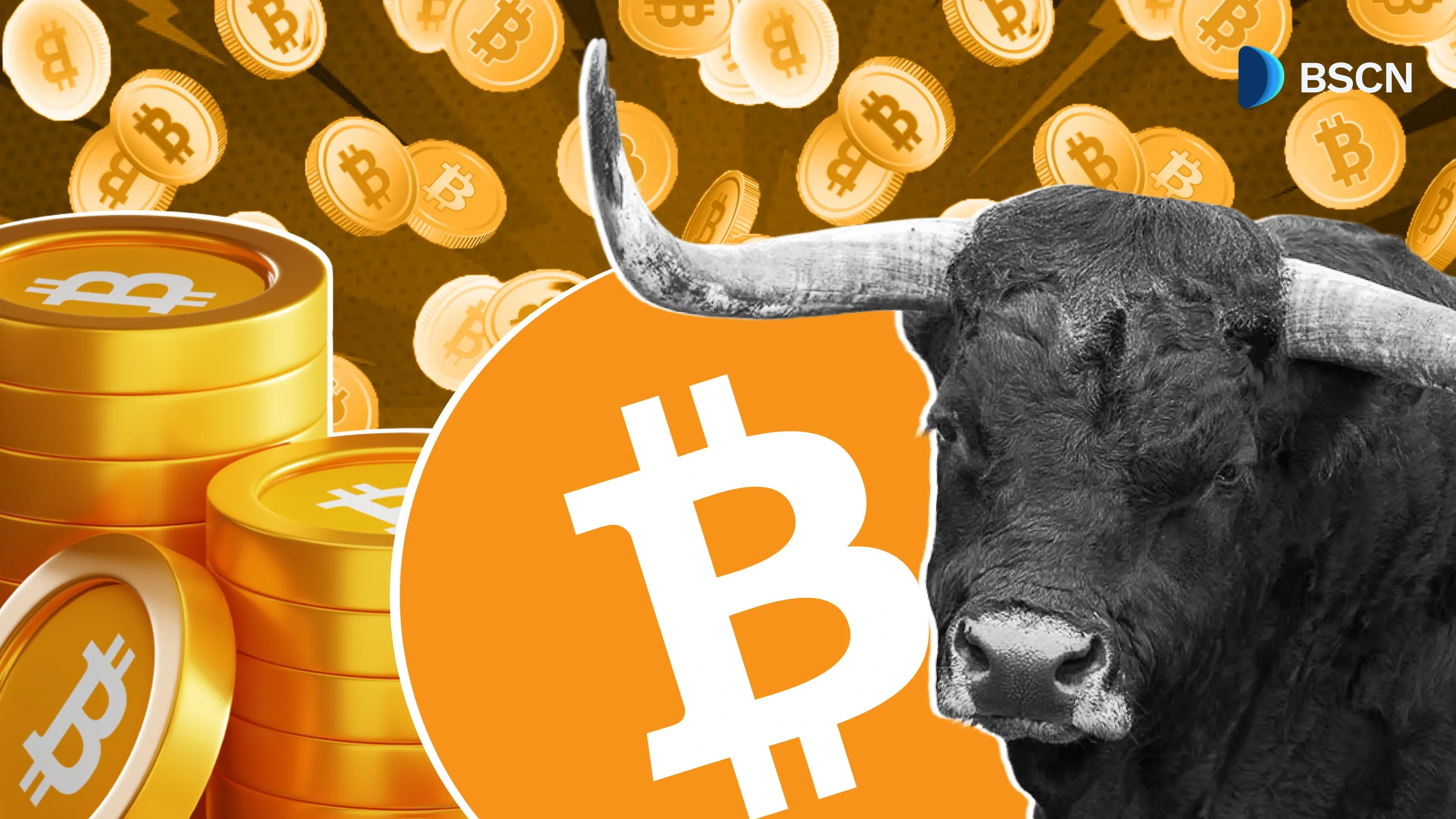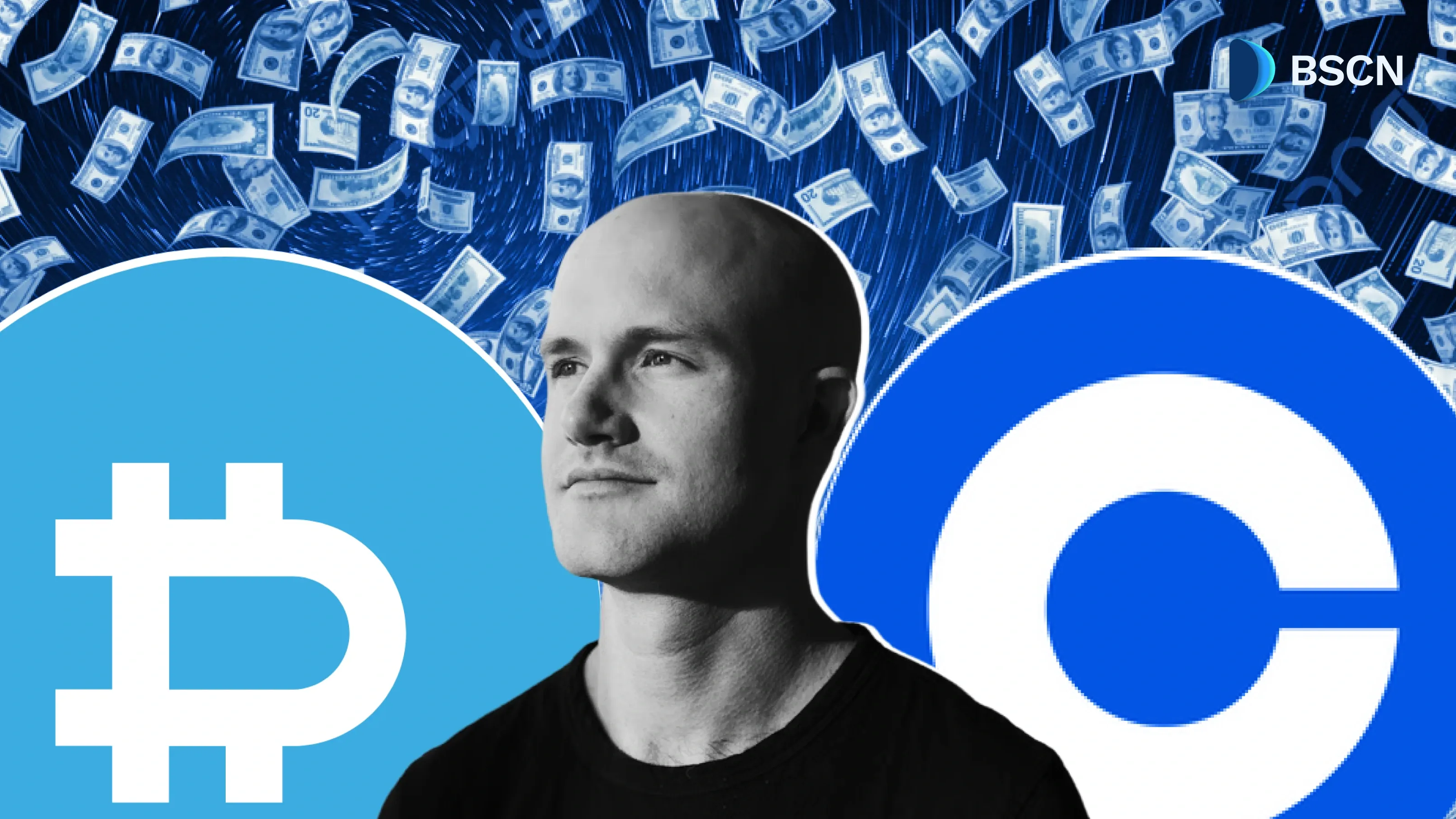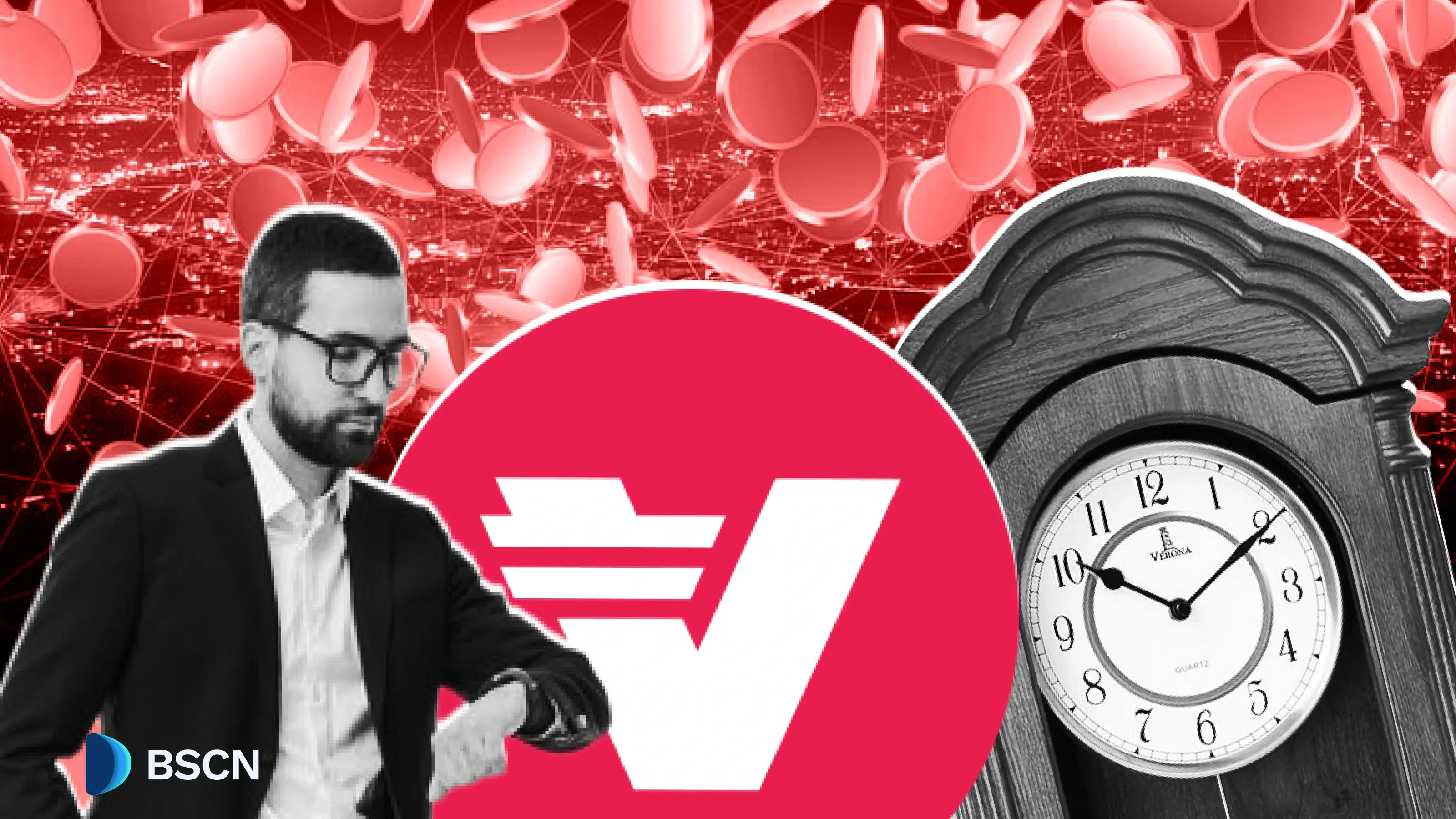WEB3
Visa Introduces Tokenized Asset Platform for Fiat-Backed Tokens
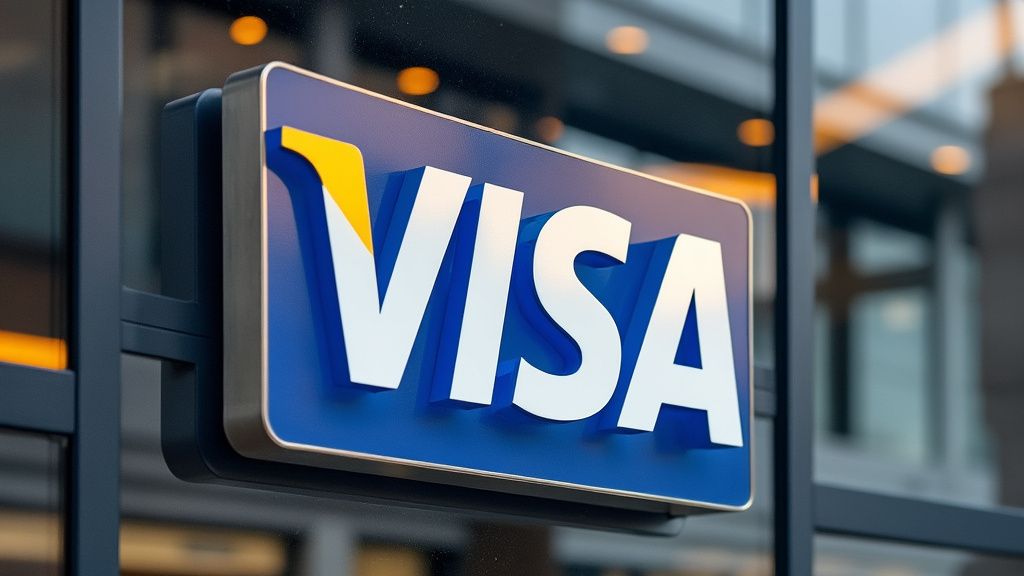
The platform supports a range of tokenized assets, including stablecoins and central bank digital currencies (CBDCs).
Soumen Datta
October 3, 2024
On October 3rd, Visa, the global leader in digital payments, announced the launch of its Visa Tokenized Asset Platform (VTAP), a new initiative designed to facilitate the issuance and management of tokenized assets. Taking advantage of its capabilities, banks now can issue fiat-backed tokens on blockchain networks.
What is VTAP?
The Visa Tokenized Asset Platform (VTAP) is a blockchain-based product aimed at helping financial institutions create, issue, and manage digital tokens. These tokens can represent stablecoins, tokenized deposits, or central bank digital currencies (CBDCs).
VTAP is designed to bridge the gap between traditional fiat currencies and blockchain networks by enabling transfers of fiat-backed tokens, ensuring that financial institutions can experiment with blockchain in a secure and controlled environment.
Benefits of VTAP for Financial Institutions
According to Visa, VTAP offers several advantages for banks and financial institutions exploring blockchain technology. These include:
Easy Integration
Banks can mint, burn, and transfer fiat-backed tokens with minimal technical effort through APIs. This simplifies the process of bringing fiat currencies on-chain and allows institutions to experiment with blockchain solutions in a sandbox environment.
BBVA, a Spanish banking giant, has already been testing these functionalities, including issuing bank tokens on test networks with plans for a live pilot in 2025 on the Ethereum blockchain.
Programmability with Smart Contracts
Another essential benefit is VTAP's support for smart contracts. These contracts allow banks to automate complex financial processes, such as administering lines of credit, in a more efficient and transparent manner.
Smart contracts can trigger automatic payments when certain conditions are met, reducing administrative overhead. Moreover, fiat-backed tokens issued via VTAP could be used for various real-world transactions, such as purchasing tokenized assets like commodities or securities.
Interoperability Across Blockchains
With VTAP, banks can reportedly connect with permissioned and public blockchain networks, expanding the use cases for tokenized assets. In the future, VTAP aims to facilitate secure cross-chain exchanges of fiat-backed tokens, allowing institutions to leverage the growing ecosystem of tokenized real-world assets.
BBVA and VTAP: Pioneering the Future of Finance
BBVA has taken an early lead in testing VTAP functionalities. By issuing and transferring bank tokens on test networks, BBVA is exploring how blockchain technology can expand its service offerings.
The bank is also experimenting with smart contracts to automate processes like loan administration.
"This collaboration marks a significant milestone in our exploration of blockchain technology and will ultimately help enable us to broaden our banking services," said Francisco Maroto, Head of Blockchain and Digital Assets at BBVA.
Visa’s Commitment to Blockchain
Visa has been at the forefront of innovation in the financial sector for nearly six decades. The firm’s vast network of over 15,000 financial institutions across 200 countries puts it in a unique position to drive the adoption of blockchain technology.
With its expertise in payment systems, Visa aims to provide banks with the tools they need to participate in the growing tokenized asset ecosystem safely and securely.
As the adoption of blockchain continues to expand, tokenized assets are becoming more prevalent across various industries. The value of on-chain real-world assets (RWAs) has surpassed $12 billion according to a recent Binance Research report. The Boston Consulting Group (BCG) predicted that by 2030, the tokenized asset market would reach an astounding $16 trillion.
Likewise, Visa envisions a future where tokenized assets are widely adopted across different blockchain ecosystems. Through VTAP, financial institutions can access the tools to interact with clients and partners across multiple blockchain networks, enabling broader adoption of blockchain-based solutions in the global financial market.
While VTAP is still in its early stages, Visa expects banks to begin launching live pilots of fiat-backed tokens by 2025.
Disclaimer
Disclaimer: The views expressed in this article do not necessarily represent the views of BSCN. The information provided in this article is for educational and entertainment purposes only and should not be construed as investment advice, or advice of any kind. BSCN assumes no responsibility for any investment decisions made based on the information provided in this article. If you believe that the article should be amended, please reach out to the BSCN team by emailing [email protected].
Author
 Soumen Datta
Soumen DattaSoumen has been a crypto researcher since 2020 and holds a master’s in Physics. His writing and research has been published by publications such as CryptoSlate and DailyCoin, as well as BSCN. His areas of focus include Bitcoin, DeFi, and high-potential altcoins like Ethereum, Solana, XRP, and Chainlink. He combines analytical depth with journalistic clarity to deliver insights for both newcomers and seasoned crypto readers.
Latest News
Crypto Project & Token Reviews
Project & Token Reviews
Comprehensive reviews of crypto's most interesting projects and assets
Learn about the hottest projects & tokens



